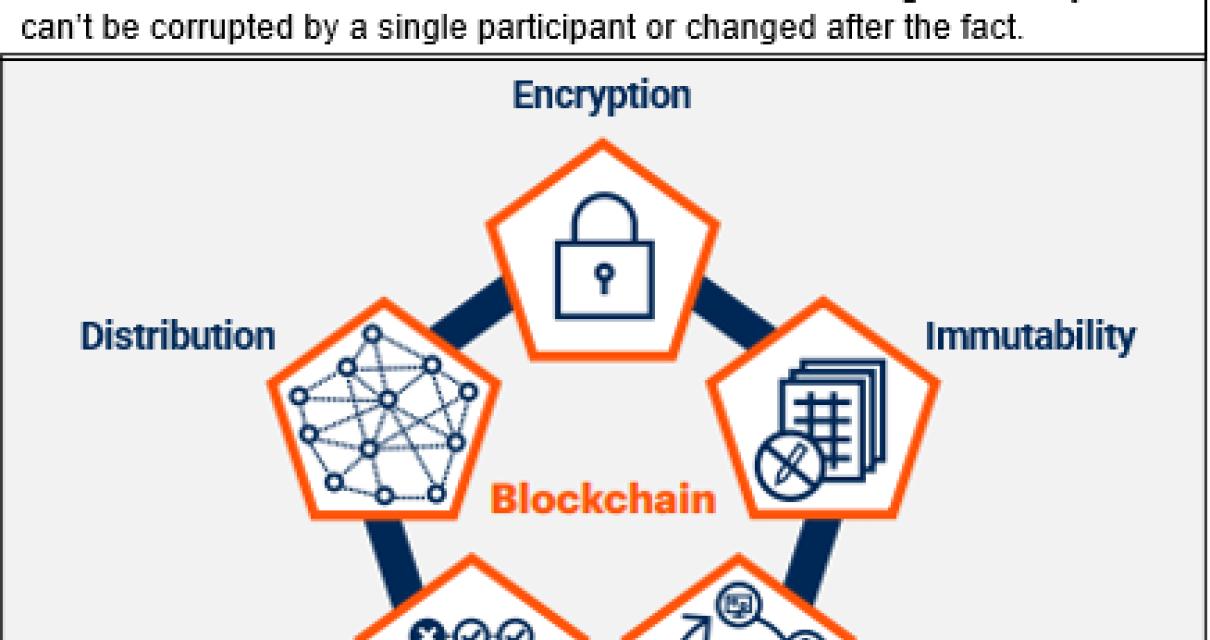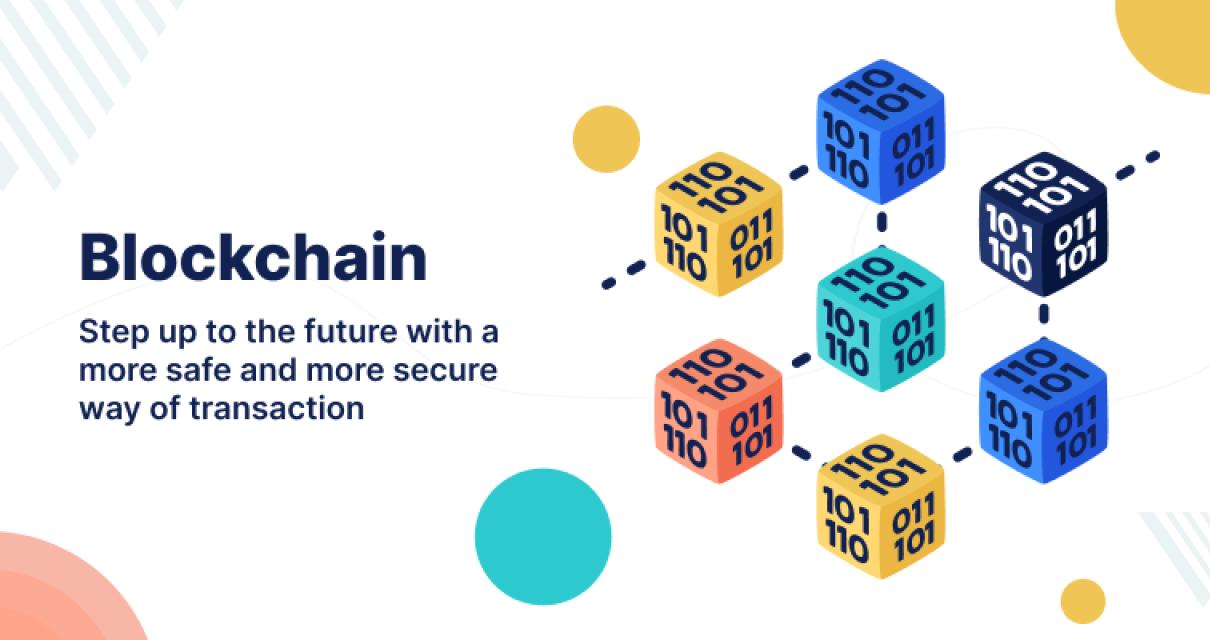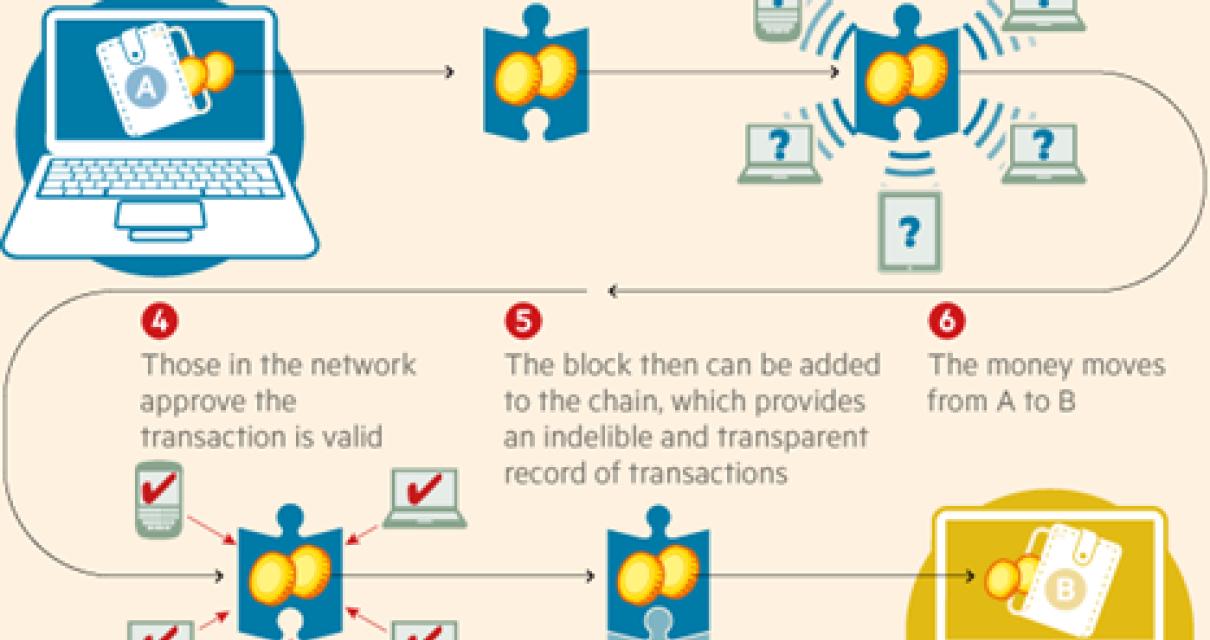What is blockchain and how does it work?
Blockchain technology is a distributed database that allows for secure, transparent and tamper-proof transactions. Transactions are verified by network nodes and recorded in a public dispersed ledger called a blockchain. Bitcoin, the first and most well-known application of blockchain technology, uses blockchain to facilitate peer-to-peer transactions without the need for a central authority.
The history of blockchain technology
The blockchain technology was first proposed in 2008 by Satoshi Nakamoto. The concept was to create a peer-to-peer network that could be used to track the ownership of digital assets.
In 2013, the first bitcoin transaction was completed. Bitcoin is the first and most well-known application of the blockchain technology.
Since its inception, the blockchain technology has seen a lot of growth. In 2017, there were over 1,000 active blockchain projects. This number is expected to grow significantly in the coming years.
The potential applications of blockchain technology
There are many potential applications for blockchain technology, including:
1. Supply chain management: In supply chain management, a blockchain can be used to track the history of products from the production line all the way to the customer. This could help avoid fraudulent transactions and ensure that products are delivered on time.
2. Voting: A blockchain could be used to create a voting system that is secure, transparent, and tamper-proof. This would be especially useful in cases where elections are subject to fraud or corruption.
3. Financial services: Blockchain technology could be used to create a digital ledger of all financial transactions. This could help eliminate the need for third-party verification and make financial transactions more secure.
4. Smart contracts: A blockchain can be used to create smart contracts, which are contractual agreements that are automatically executed when specified conditions are met. This could be used to create blockchain-based applications such as peer-to-peer payments or insurance contracts.
5. Internet of things: A blockchain could be used to create a network of devices that are able to communicate with each other securely. This could be used to manage devices such as cars, agricultural crops, and home appliances.

How blockchain could change the world
There is no one answer to this question since there are so many potential applications of blockchain technology. Some possible applications include:
1. Secure data sharing: With blockchain, data can be securely shared between multiple parties without the need for a third party to mediate the exchange.
2. Tamper-proof records: Blockchain can be used to create a tamper-proof record of transactions, transactions that cannot be altered or reversed.
3. easier and more secure transactions: Blockchain can make it easier and more secure for people to conduct transactions by eliminating the need for a middleman.
4. cheaper and faster transactions: Blockchain can help to reduce the costs and time required for transactions to happen.
5. more transparent governance: With blockchain, there is a more transparent and accountable system for governing institutions and organizations.

The challenges facing blockchain technology
There are many challenges facing blockchain technology, but some of the most important include scalability and privacy. Scalability is a major issue because blockchain networks can process only a limited number of transactions per second. This limitation could prevent blockchain technology from becoming mainstream. Privacy is also a challenge because blockchain networks are public, meaning everyone can see the transactions that take place. This could lead to security risks and other issues.
What is Bitcoin and how does it use blockchain?
Bitcoin is a digital asset and a payment system invented by Satoshi Nakamoto. Bitcoin is unique in that there are a finite number of them: 21 million. They are created as a reward for a process known as mining. They can also be exchanged for other currencies, products, and services.
Bitcoins are created as a reward for a process known as mining. They can also be exchanged for other currencies, products, and services. Transactions are verified by network nodes through cryptography and recorded in a public dispersed ledger called a blockchain. Bitcoin is unique in that there are a finite number of them: 21 million.

How could blockchain be used to create a more secure internet?
One potential application of blockchain in the internet sphere is its ability to create a more secure online environment. For example, blockchain could be used to create a tamper-proof record of online transactions. This would help to ensure that online transactions are legitimate and not fraudulent. Additionally, blockchain could be used to create an anonymous online identity system. This would allow people to remain anonymous while participating in online communities and forums.
What are the implications of decentralising the internet with blockchain?
The decentralisation of the internet with blockchain could have a number of implications, including:
- Increased security and privacy: Because blockchain is a decentralised system, it would be more difficult for hackers to access and steal data. Additionally, because blockchain is a transparent database, users would be able to see who owns and accesses their data.
- Increased efficiency and transparency: Because blockchain is a distributed system, it would be more efficient and transparent than current systems. For example, users would be able to see the source of all data and transactions, as well as the identity of the individuals involved.
- Increased opportunity: Because blockchain is a new technology, it could open up new opportunities for businesses and entrepreneurs. For example, companies could use blockchain to create a more secure and efficient digital ledger, or to develop new types of products and services.
Could blockchain be the key to solving global problems?
There is no single answer to this question as blockchain technology has the potential to solve a variety of global problems. Some potential applications of blockchain technology include creating a digital ledger of ownership for assets such as land, securities, and digital certificates, providing a tamper-proof record of food safety and quality, and automating business processes such as cross-border payments and contract management. As more industries adopt blockchain technology, we will see more concrete examples of how it can be used to solve global problems.